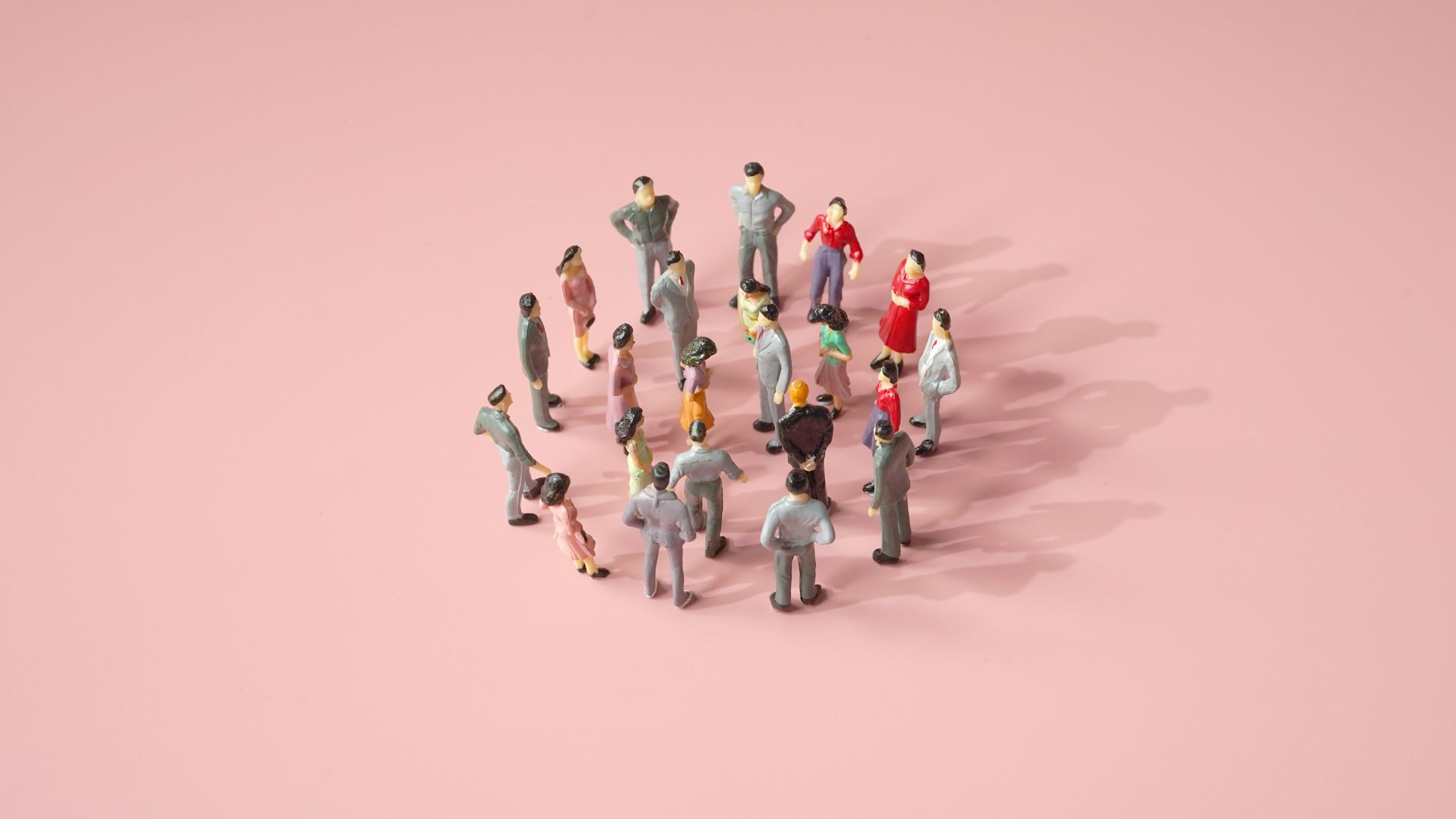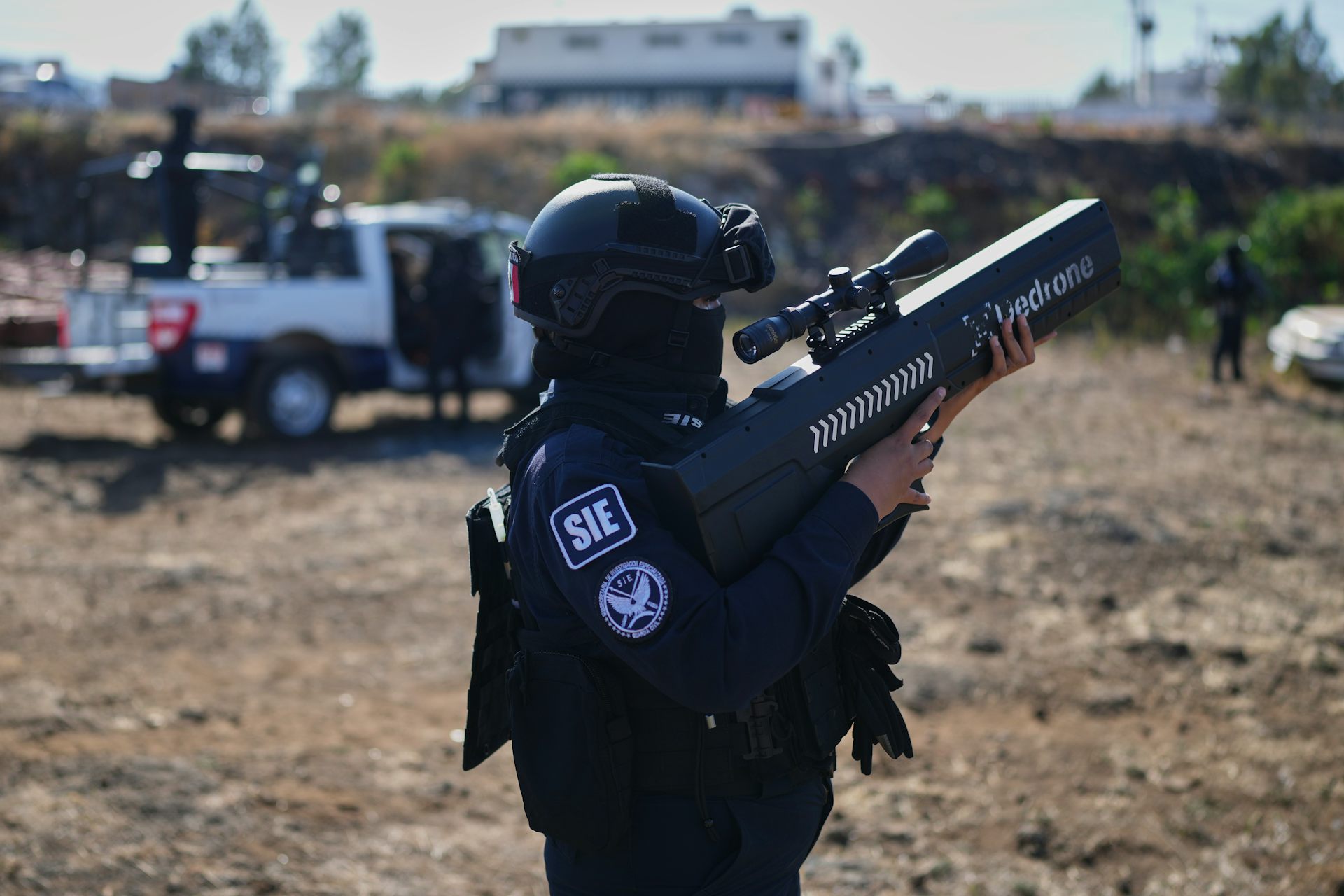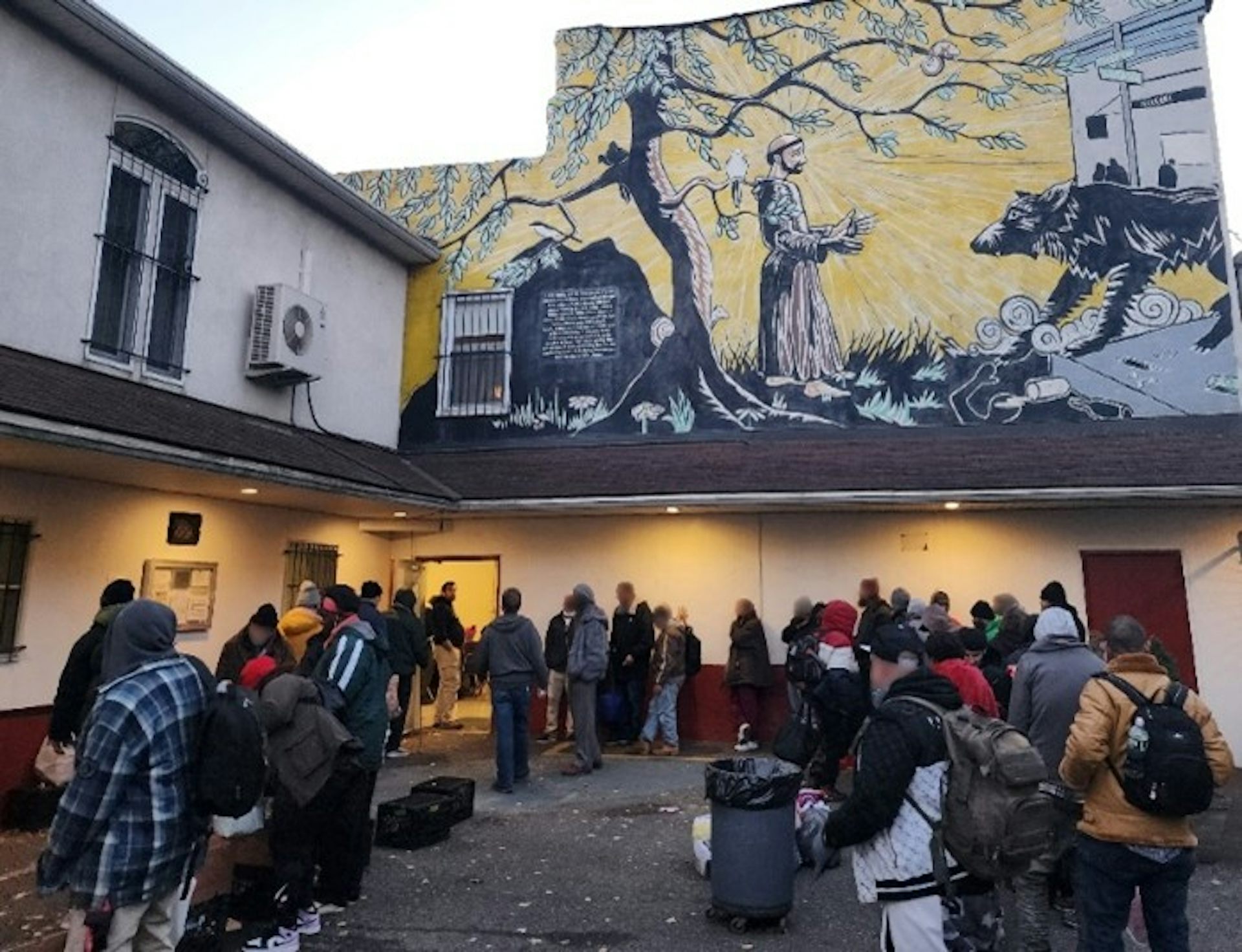As Mexico’s LGBTQ+ community battles for inclusion, two drag performers have become internet stars –
Not long ago, Mexico’s LGBTQ+ performers were mostly in the closet. Today, some are sponsoring products and starring in their own TV shows.
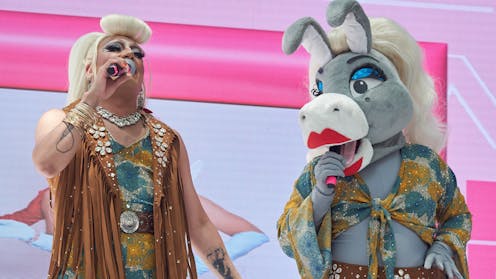
In January 2022, Erick Martínez, also known as Turbulence Queen, introduced a guest on his YouTube channel: Ivan “Momo” Guzmán, with the stage name Burrita Burrona, a drag performer wearing a cartoonish donkey costume topped by a wig.
During their interview, Turbulence and Burrita shared stories, gossiped and threw shade at Mexican actors, newscasters and performers. Soon after, their careers took off.
Before Burrita’s first appearance, Turbulence’s YouTube channel had fewer than 5,000 subscribers. Now, after the rebranding of the show to include Burrita’s name, their channel has about 375,000. More than 2 million subscribe to them on TikTok – Turbulence, with 600,000 followers and 16 million likes; Burrita with 1.5 million followers and 28 million likes. Their “El Podcast del Momento” has more than 225,000 subscribers.
The two proved so popular that corporate sponsors started getting in on the action. Soriana, a large supermarket chain in Mexico, splashed their images on a line of cakes. Netflix Latin America had them hosting a series of videos promoting its new South Korean dramas. The media giant Televisa included Turbulence and Burrita as part of their comedic coverage of the 2024 Paris Olympics.
Over the past 3 ½ years, the YouTube show has added some new characters, including Burrita’s mom and an on-and-off love interest, a butch lesbian wolf. Along with the interviews, the characters do comedic cooking segments and sketches. Even in today’s fragmented and cluttered media environment, the program regularly gets around 250,000 views, with some episodes reaching more than 1 million.
While drag performers are not new in Mexico, Burrita is something of a novelty: a drag mascot. Although long a part of Mexico’s commercial culture – mascots promote everything from soccer teams to pharmacies and are a staple at children’s birthday parties – Burrita is the first to do it in drag.
Discrimination and violence
As a Mexican scholar who specializes in the study of gender and sexuality, I’m struck by how these LGBTQ+ characters have become enormously popular in what I consider a relatively conservative and deeply religious country. However, that too is changing: Today’s Mexico is sometimes called a conservative country with liberal laws. Still, in a country where about 5% of the population self-identify as LGBTQ+, the battle for inclusion – and more diverse representation of gender and sexuality – is far from over.
In 2023, conservative groups pressured the International Book Fair of Monterrey to cancel a public short-story reading by drag queens. In 2024, a social media influencer’s misogynistic, homophobic and transphobic remarks ran live on national television. Also in 2024, San Nicolás de los Garza, a city of more than 400,000 people, banned public performances by drag queens. Ironically, San Nicolás is in the state of Nuevo Leon, which has one of the largest LGBTQ+ populations in Mexico.
Indeed, national policies protecting the LGBTQ+ community don’t always apply equally; some states are more restrictive than others. For example, although Mexico’s Supreme Court legalized same-sex marriage in 2015, three states have yet to ratify it in their state constitutions.
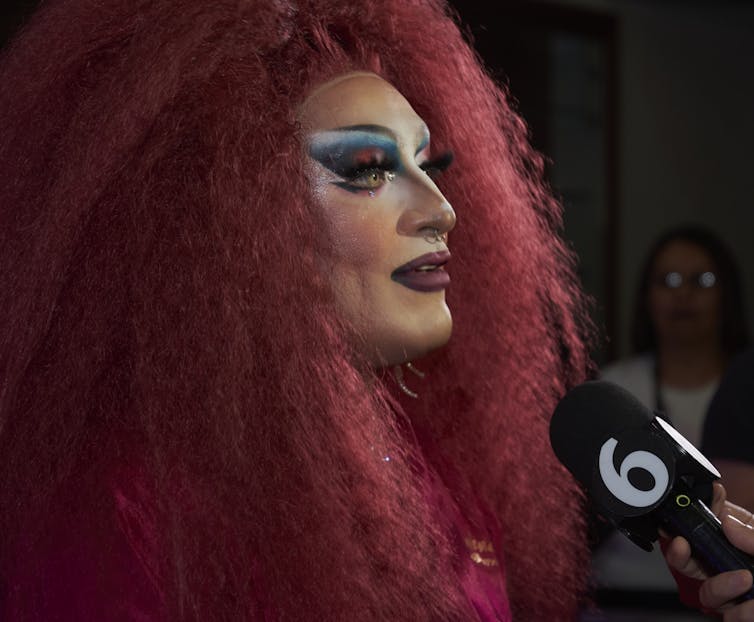
In May 2025, Mexico’s National Institute of Statistics and Geography reported these findings: 60% of the LGBTQ+ community say they’ve been subjected to some form of violence. Nearly 30% have had suicidal thoughts or have attempted suicide. Just over 37% say they experienced some form of discrimination during the past year. From 2020 to 2025, 25% said they were denied access to health care, education or social support. Hate crimes are on the rise, with 672 reported over a five-year period, including 141 in 2024, a significant jump from the 92 reported in 2023. The 2024 statistic includes 55 murders of transgender women.
Taking off the mask
Turbulence and Burrita’s swift success is impressive, but not all LGBTQ+ citizens in Mexico enjoy the same level of recognition and privilege. And as the fight for equal treatment continues, the country’s politics over the past decade has shifted. In 2018, leftist Andrés Manuel López Obrador was elected president. His successor, Claudia Sheinbaum, a climate scientist and a close ally of López Obrador’s, was elected in 2024.
But although both López Obrador and Sheinbaum are more progressive than previous administrations, neither has been particularly vocal about their support for the LGBTQ+ community. For instance: Although Sheinbaum, Mexico’s first female and Jewish president, mentioned her support for the LGBTQ+ community during her campaign, she has largely ignored LGBTQ+ issues since taking office.
Until recently, there were few openly LGBTQ+ people pitching products or appearing on television. But Guzmán, who’s the first mascot to perform in drag, is not hiding his sexuality, despite the costume. Rather, he can be read as a symbol of Mexico’s ongoing pursuit of equality. And perhaps his character’s visibility will allow more in the community to be able to shed their masks and come out.
Francisco Tijerina does not work for, consult, own shares in or receive funding from any company or organization that would benefit from this article, and has disclosed no relevant affiliations beyond their academic appointment.
Read These Next
White men file workplace discrimination claims but are less likely to face inequity than other group
Research shows that white men who file discrimination charges experience employer retaliation at similar…
The intensity and perfectionism that drive Olympic athletes also put them at high risk for eating di
Athletes in sports where weight and body image come into play, such as figure skating and wrestling,…
Counter-drone technologies are evolving – but there’s no surefire way to defend against drone attack
Companies are selling a range of anti-drone devices, from guns that fire nets to powerful laser weapons,…


